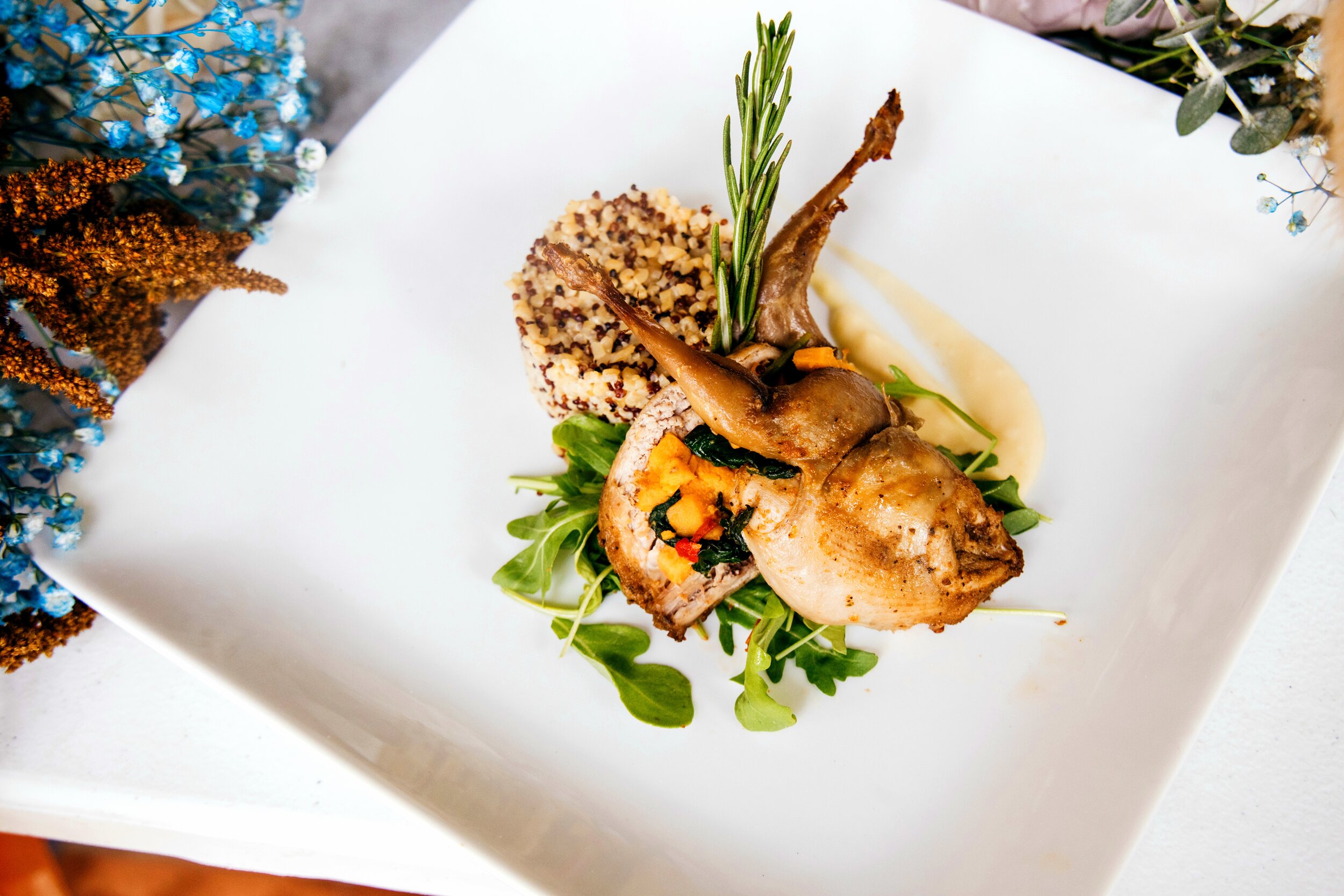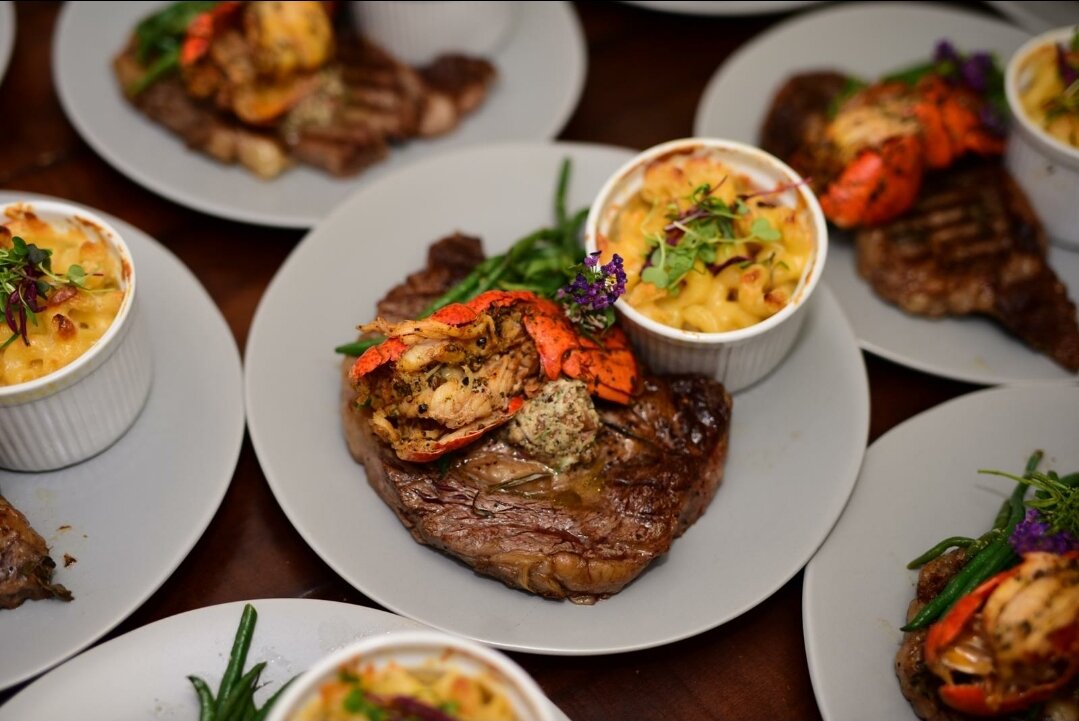Why Is It Important To Hire The Right Caterer
I know that we love a good deal, and we want to save as much as possible, but at what cost? Ask yourself this very important question: how confident am I that my caterer will not only provide great food, but safe food.
"It takes less than 2 minutes to put a chef coat on, but it takes a lifetime to become one." has to be one of the deepest things someone could've told me 8 years ago. And since then, I've been making sure that I'm not just wearing mine, but that I earn the right to do so. Aside from obtaining my Bachelor's Degree in Foodservice Management, I've taken upon myself to:
. Have continued education
. Obtaining certifications
. Attend seminars, retreats, professional functions
. Read more about the industry
. Watch informational videos
. Follow the top leading chefs/caterers for advice, tips, inspirations and more.
Everyone can cook! No really, I'm dead serious, everyone can cook as long as you know the basic foundations, you can flip a few pans, etc... you're all good. But!!!! Just because you can cook and all, does it really mean that you have what it takes to be a chef, a caterer etc..? NO! It pains me so much to know how loosely the term chef is used these days. We are losing that distinguished and/or quasi unattainable status so fast, that I wonder if people really understand what it takes to be a chef.
Everybody claims that they are a chef/caterer until it's time to really be a chef/caterer. Yes you can throw down for your close family and friends. But can you handle 50, 100, 300 or more guests without any headaches? Throughout my career I've seen, read, and heard horror stories. That is why at Sensory Delights, we make sure that::
. Hot food is hot or cold food not is cold
. Food tastes fresh
. We always have the right amount of staffing vs the amount of guests
. We always have the proper cooking or service equipment
. We arrive at least 3 to 4 hours before start of event
. And more
In this segment, I want to focus more on a specific aspect of what it really takes to be a chef which is food safety and sanitation. Food safety and sanitation has to be the number one priority for any chef/caterer, especially for a caterer because we work 90% of the time out of our elements, safe space etc. As a caterer, you're always transporting food from one location to another, and sometimes you might have your food out for an extended period of time. This is where your expertise, knowledge, and experience come into place.
It's not just about preparing the food, bringing it to location, and serving it. There is an entire process in place that you need to follow. In the food industry it is called HACCP. So when the time comes for you to hire a chef/caterer for your event, big or small, you need to ask yourself if both your stomach and your guests' stomachs are in safe hands.
Key things to consider:
. Proper cooking techniques and temperatures
. Proper cooling techniques and temperatures
. Proper cold or hot storage
. Proper reheating techniques and temperatures
. How long they keep the food out for
. Is there any room for cross contamination
. Is there any chances for hazardous materials to end up in your food
. Are they big on sanitation
. Sorry to point this out, but pay attention to hygiene



